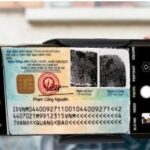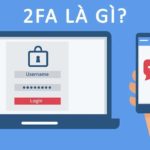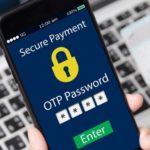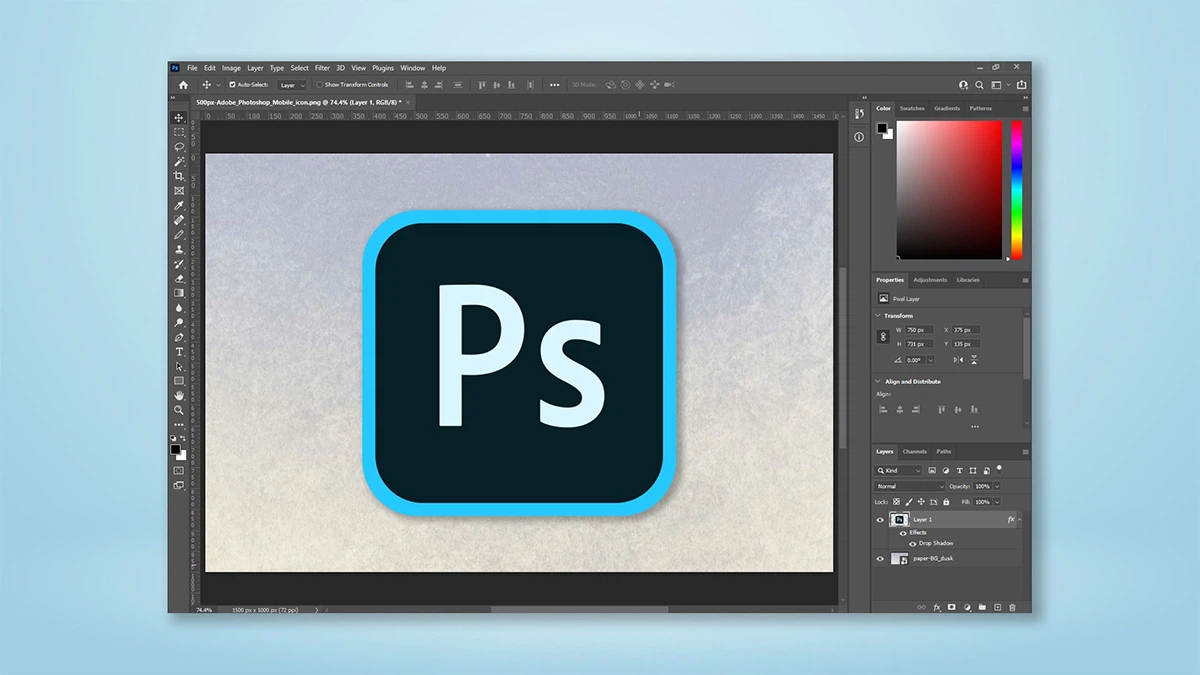Using Guessable Passwords
With so many passwords to remember these days, it’s tempting to choose something easy to recall, like your birth date, name, or a simple sequence like 123456. But these are the first passwords a hacker will try, and they can easily be guessed by someone who knows you. Shorter passwords are also easier to crack. This is why your Facebook, social media, and even bank accounts are vulnerable to malicious attacks.

Neglecting Two-Factor Authentication
While it takes a bit more time to log in, two-factor authentication is a powerful way to protect your Facebook account. In addition to your regular password, you’ll need a unique code sent directly to your phone. This makes it much harder for someone else to access your account.

Clicking on All Links
Links are a common way for hackers to direct unsuspecting users to malicious websites. These links can be sent via email, social media messages, or even fake Facebook login pages. Clicking on unknown links is a quick way to lose your Facebook account and compromise your personal information.
Saving Login Information
While it’s convenient to save your login information on your personal computer, doing so on public computers in schools, libraries, or internet cafes can make your account vulnerable to theft. The same goes for saving your password on a friend’s device.
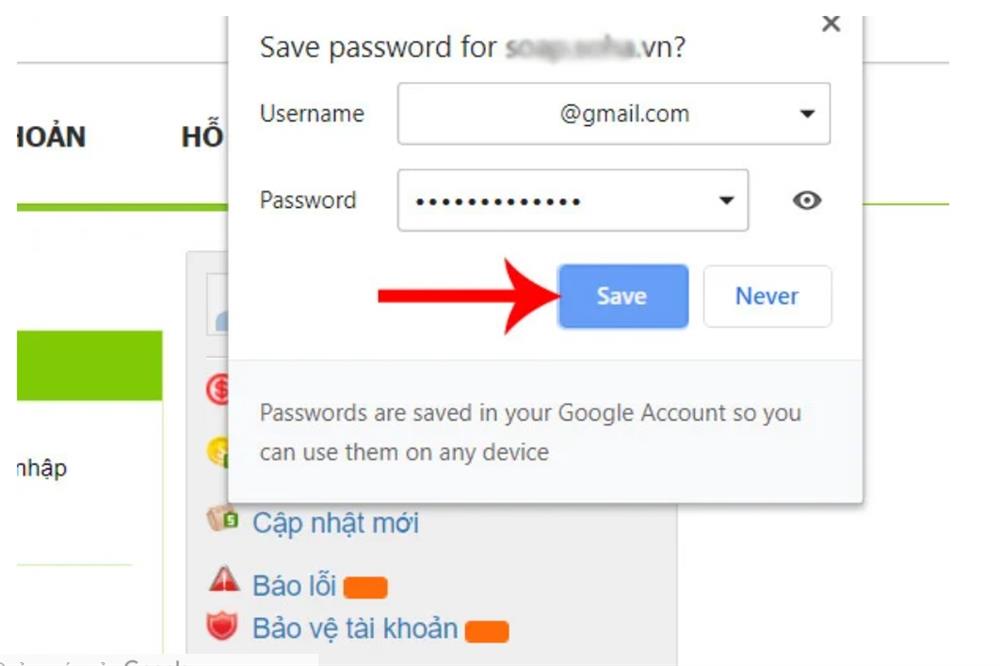
Linking Accounts Indiscriminately
Many apps and games request access to your social media accounts for easy login. While this is convenient, it can also be risky. These apps may ask for access to your friend list, birthday, and other personal information. Think carefully before linking your Facebook account to any third-party app.
Ignoring Warning Signs
Be vigilant about unusual login activity notifications and unexpected password reset emails. Ignoring these warnings can lead to your Facebook account being compromised.
Source: Khoevadep

























